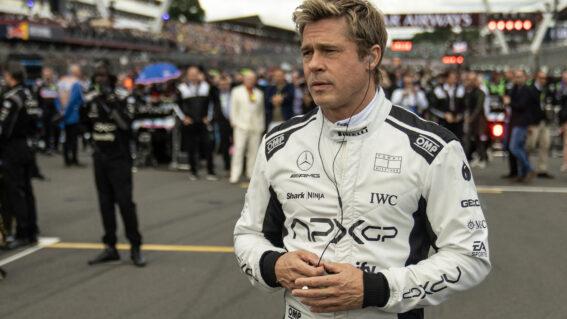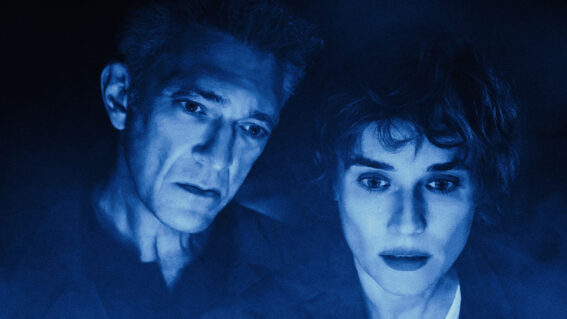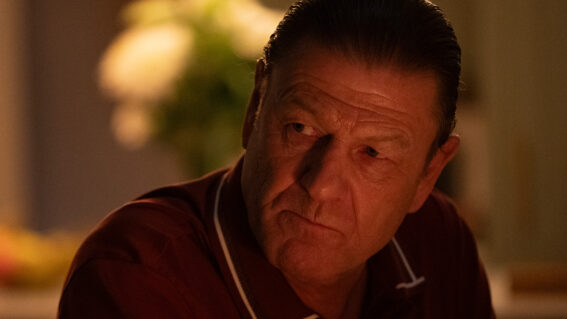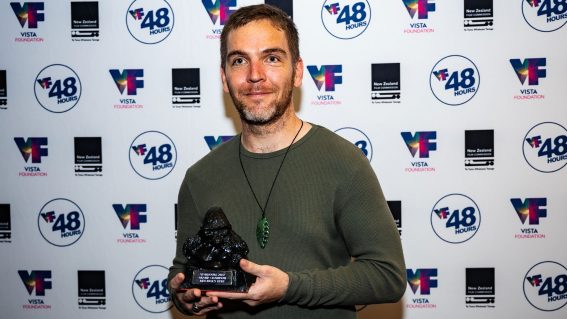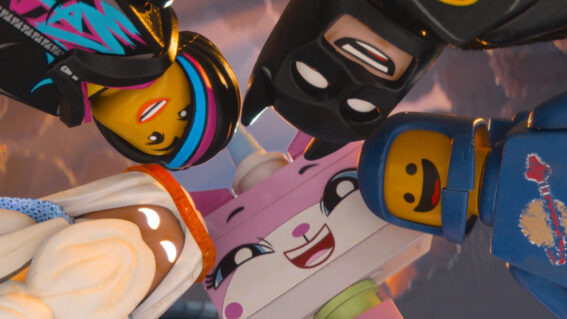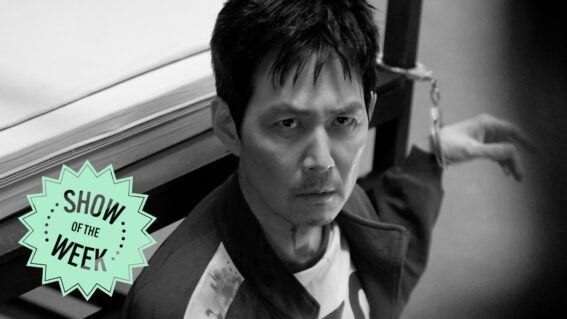Electric ladies: The Power finds a thrilling outlet for teen female rage
Amazon’s supernatural series gets stuck on simple binaries, but its tale of electrified girlhood still shocks.

We’re all drowning in content—so it’s time to highlight the best. In her column published every Friday, critic Clarisse Loughrey recommends a new show to watch. This week: The Power, a new coming-of-age series that sees teen girls everywhere developing electrical superpowers.
A woman’s rage, on screen, threatens to burn up the entire frame. It is undiluted, unquenchable, rooted in air and water and earth. Prime Video’s adaptation of The Power, the sci-fi novel by Naomi Alderman in which teenage girls everywhere develop sudden electrical powers, has banked its entire success on the potency of that single emotion.
The first three episodes, which span countries and socio-economic positions, not only emphasise gender-based violence and oppression, but the hundreds of ways in which women are trained to stay quiet, small, and submissive. Characters are told they’re too “emotional”, that they should show “more humility”, that they should “calm down”. So, when the show’s shock reckoning does finally arrive, it’s like watching a thousand infernos ignite all at once.
Allie (Halle Bush) has drifted between abusive households while under the foster system. Roxy (Ria Zmitrowicz), the illegitimate daughter of a London crime boss, has been made to feel invisible. Tatiana (Zrinka Cvitešić) lives in a gilded cage built by her dictator husband. Margot (Toni Collette), the mayor of Seattle, is forced to constantly edit herself in order to appear acceptable to voters. Her daughter Jos (Auli’i Cravalho) feels betrayed by the inauthenticity of her mother’s work.
I have to be upfront here and say that I haven’t read Alderman’s book. I’m in a position where I’ve only been exposed to a fraction of The Power’s full picture, but there’s a real sense of oversimplification within its central conceit that I’m not entirely sure the show will be able to overcome. There’s a danger to only seeing the world through the framework of strict binaries—and that’s not only true of how the series treats gender (although there’s an early attempt to include trans storylines), but in how it treats power, too. In reality, and I think we all know this, power cannot be so simply divided between the haves and have-nots.
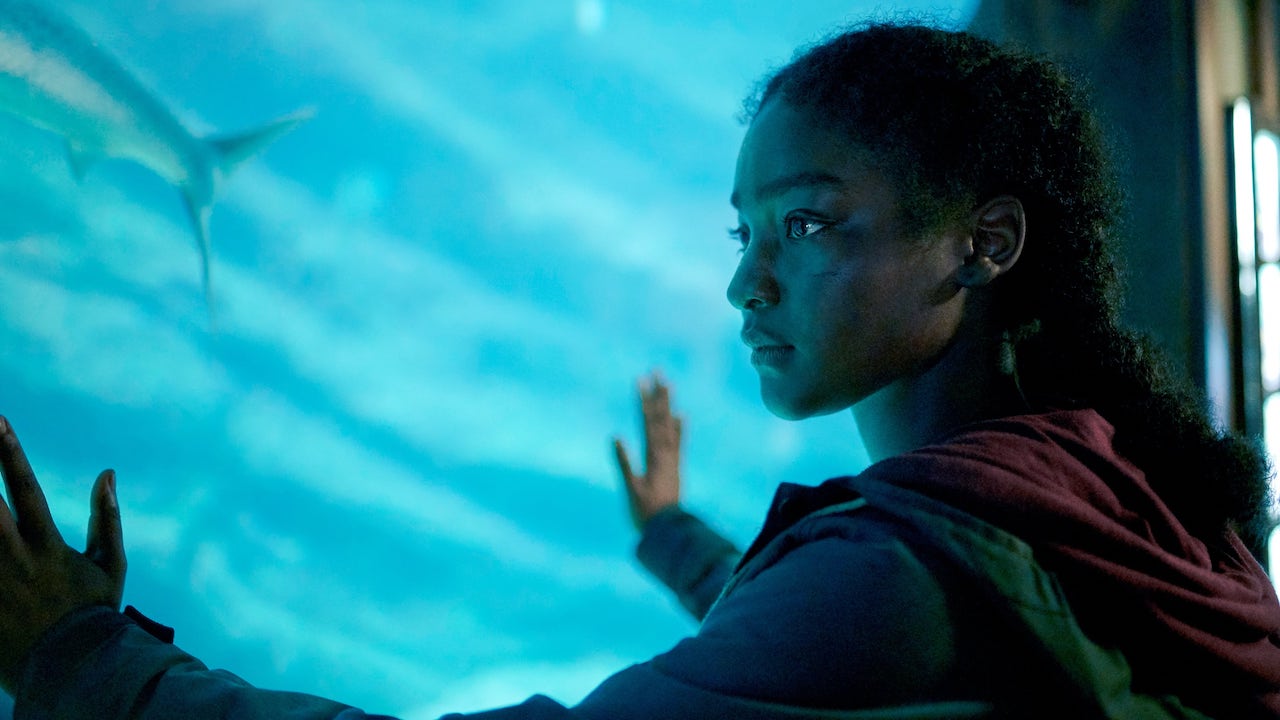
What I’d be curious to see from the series, and which doesn’t automatically align with its picture of total female solidarity, is an acknowledgement that its characters don’t uniformly begin from an equal place of oppression. A woman’s individual position in society is determined not only by the fact she’s a woman, but by matters of class, race, sexuality, and disability. And women are equally capable, in many situations, of leveraging the power they do have to inflict harm on others—yes, even against other women. Will we see any characters use their new abilities as a way to enact their own bigotries, or simply to uphold the patriarchy itself?
As much as we can find comfort in the “who run the world? girls” mentality that characterises The Power’s brand of feminism, that’s not necessarily a realistic reflection of where we are today. Women will happily co-opt the language of feminism to exploit labour or drive transphobic rhetoric. Real feminism is complex, radical, and thoroughly intersectional. The Power is by no means un-feminist, but I can already see the series starting to trip over itself while trying to paper over these obvious cracks in its own concept. Let’s hope this changes over the next few episodes.
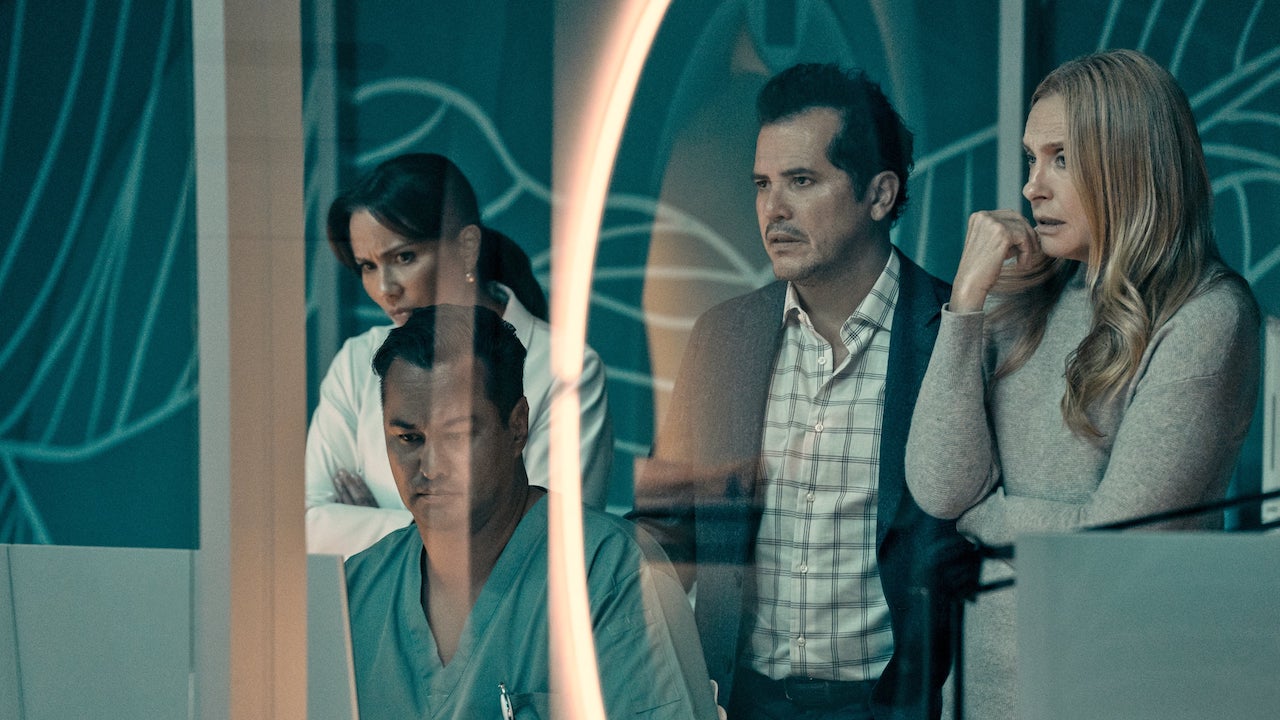
That said, Alderman and her co-developers, Raelle Tucker and Sarah Quintrell, clearly understand the transformative power of metaphor. It’s moving to see Margot frame these electrical powers within the context of women’s wider bodily rights, as the world’s male leaders all rush towards alarmist measures in order to muzzle these teenage girls. The same can be said for any sequence of collective action, in women standing up against their abusers.
“We never dared to imagine it,” Margot says. “A world that was built for us.” In that sense, The Power has found a thrilling outlet for all that female rage.







